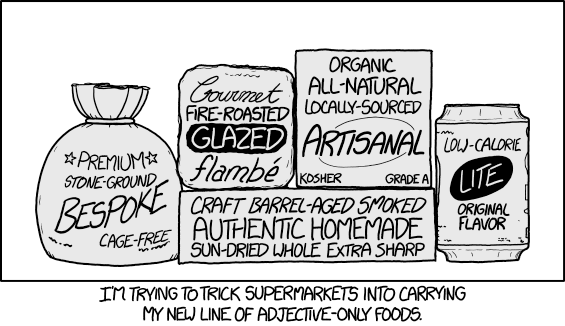The hippo bottom of us
One of the most successful weekly essays I wrote in an early sixties college class on modern English poetry was about T. S. Eliot's "The Hippopotamus", the first two (out of nine) stanzas of which read thus:
THE BROAD-BACKED hippopotamus
Rests on his belly in the mud;
Although he seems so firm to us
He is merely flesh and blood.
Flesh and blood is weak and frail, 5
Susceptible to nervous shock;
While the True Church can never fail
For it is based upon a rock.
Read the rest of this entry »


